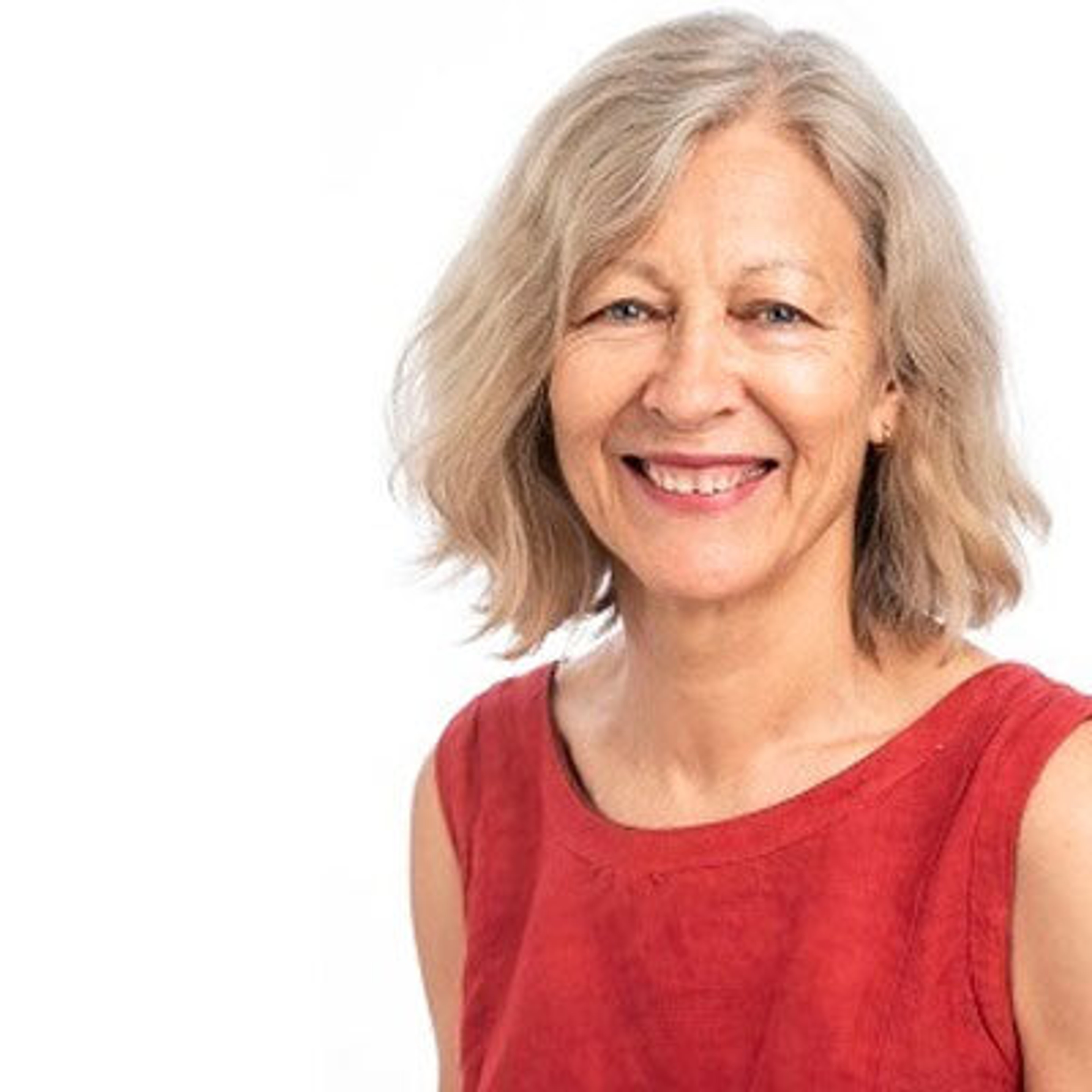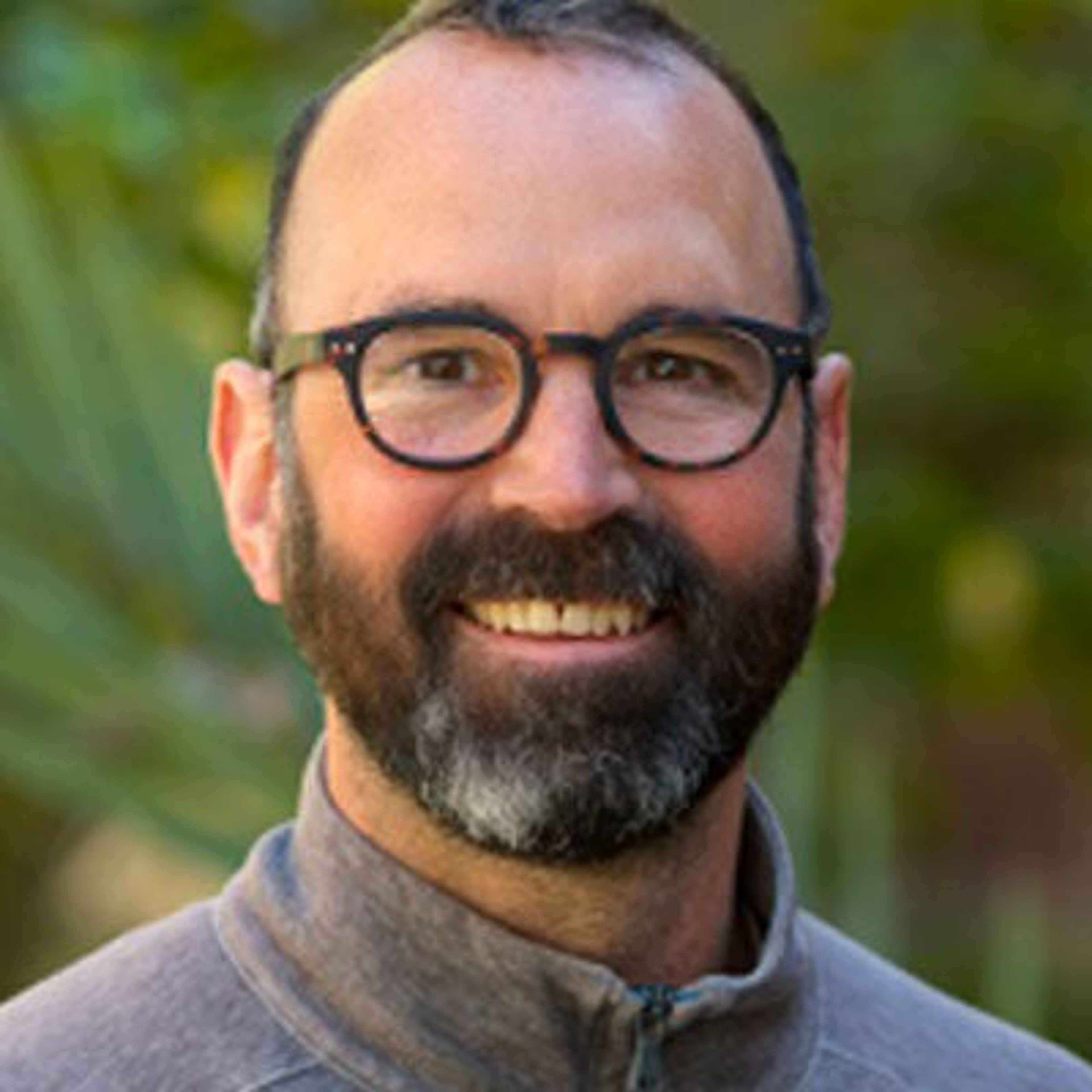Possible Worlds: Climate Emergency and the Future of Democracy
- Date: May 24, 2023
- Location: Royce Hall (Room 314) at UCLA – Los Angeles, CA
Climate Emergency and the Future of Democracy
This lecture critically explores two contradictory claims: that the climate emergency movement is a threat to democracy and will summon a future climate emergency state, and that the climate emergency movement is a potential savior of democracy because it seeks to safeguard the fundamental socioecological conditions for the survival of democratic states.
About Robyn Eckersley:
Robyn Eckersley is Redmond Barry Distinguished Professor in Political Science at the University of Melbourne and a fellow of the Academy of the Social Sciences in Australia. She has published widely in the fields of environmental political theory and international relations, with a particular focus on ecological democracy, the greening of states, and the ethics, politics and governance of climate change. Her books include Environmentalism and Political Theory (SUNY Press, 1992); The Green State: Rethinking Democracy and Sovereignty (MIT Press, 2004); Political Theory and the Ecological Challenge (Cambridge University Press, 2006, co-edited with A. Dobson); The State and the Global Ecological Crisis (MIT Press, 2005, co-edited with J. Barry); Special Responsibilities: Global Problems and American Power (2012, co-authored with five others); Globalization and the Environment (2013, co-authored with P. Christoff); and The Oxford Handbook of International Political Theory (2018, co-edited with C. Brown). She received a Distinguished Scholar Award (Environmental Studies Section) at the International Studies Association Annual Convention in Toronto in 2019.
Featuring a discussion with moderator Alex Hall
Alex Hall is a professor in the Department of Atmospheric and Oceanic Sciences, Director of the UCLA Center for Climate Science at the UCLA Institute of the Environment and Sustainability, and Interim Director of the UCLA Sustainable LA Grand Challenge. His research is aimed at predicting and understanding climate change impacts at scales relevant to decision-makers, especially in the state of California and the western U.S. Alex and his team are currently studying the future of wildfire in California and are working with water management agencies in the Los Angeles region to ensure sustainability of water resources under climate change.
Alex co-founded the Climate & Wildfire Institute, a non-profit org, to tackle the rapidly-emerging threat of megafire in the Western U.S. He is a contributing author on the upcoming Fifth U.S. National Climate Assessment and was also a Lead Author of the Intergovernmental Panel on Climate Change 5th Assessment Report’s chapter on regional climate change, a Contributing Author to its chapter on climate model evaluation and Coordinating Lead Author of the Los Angeles Region Report, part of California’s Fourth Climate Change Assessment. In 2022, Alex received the UCLA Public Impact Research Award, and in 2019, he was awarded the American Geophysical Union (AGU) Future Horizons in Climate Science Turco Lectureship.
About the Series
Possible Worlds is a new partnership between the UCLA Division of Humanities and the Los Angeles–based Berggruen Institute. This semiannual lecture series invites some of today’s most imaginative intellectual leaders and creators to deliver talks on the future of humanity. Through the lens of their singular achievements and experiences, these trailblazers in creativity, innovation, philosophy and politics will lecture on provocative topics that explore current challenges and transformations in human progress.
UCLA faculty and students have long been at the forefront of interpreting the world’s legacy of language, literature, art and science. UCLA Humanities serves a vital role in readying future leaders to articulate their thoughts with clarity and imagination, to interpret the world of ideas, and to live as informed citizens in an increasingly complex world. We are proud to be partnering in this lecture series with the Berggruen Institute, whose work addresses the “Great Transformations” taking place in technology and culture, politics and economics, global power arrangements, and even how we perceive ourselves as humans. The Institute seeks to connect deep thought in the human sciences — philosophy and culture — to the pursuit of practical improvements in governance.
A selection committee comprising representatives of UCLA and the Berggruen Institute has been formed to make recommendations for lecturers. The committee includes:
- Ursula Heise, Professor and Chair, Department of English; Professor, UCLA Institute of the Environment and Sustainability; Marcia H. Howard Term Chair in Literary Studies
- Pamela Hieronymi, Professor of Philosophy
- Anastasia Loukaitou-Sideris, Professor of Urban Planning; Associate Provost for Academic Planning
- Todd Presner, Associate Dean, Digital Initiatives; Chair of the Digital Humanities Program; Michael and Irene Ross Endowed Chair of Yiddish Studies; Professor of Germanic Languages and Comparative Literature
- Lynn Vavreck, Professor, Department of Political Science; Marvin Hoffenberg Professor of American Politics and Public Policy
- David Schaberg, Senior Dean of the UCLA College; Dean of Humanities; Professor, Asian Languages & Cultures
- Nils Gilman, Vice President of Programs, the Berggruen Institute

Robyn Eckersley
